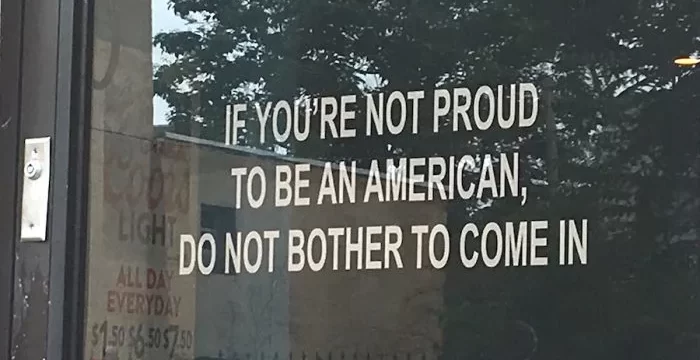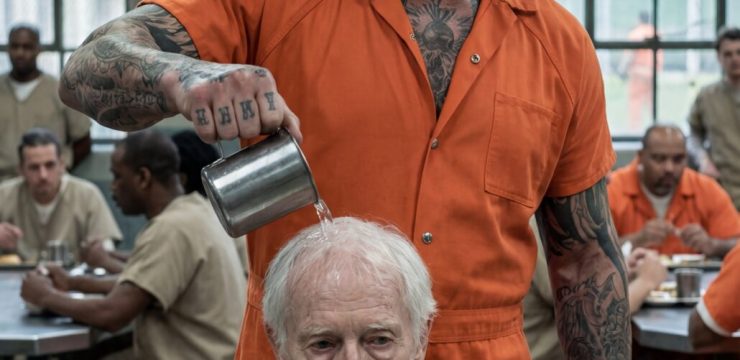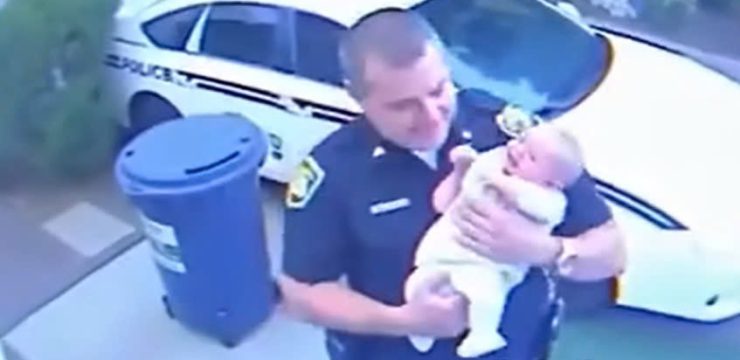Why Are More Kindergarteners Still Wearing Diapers? A Teacher’s Confusion Sparks Debate
The world of early childhood education is always changing, but one trend has recently taken many by surprise—more and more kindergarteners are coming to school still in diapers. Brenda Capone Kingston, a longtime educator and social media influencer, recently shared her bewilderment on TikTok, sparking a heated debate among teachers, parents, and childcare professionals.

Educators Express Growing Concern
Brenda Capone Kingston, who goes by @Ms3rdGrade on TikTok, posted a now-deleted video expressing her shock at how many children are starting kindergarten while still wearing diapers. With over 43,000 followers, her post quickly gained traction, putting the spotlight on an issue that many educators have noticed but few have openly discussed.
In her video, Kingston shared, “Diapers in kindergarten—this has been a topic of conversation among my fellow teachers for weeks now. The number of kids still in diapers…I had no idea it was this many.”
Looking Back at Past Expectations
Kingston not only voiced her concerns about this growing trend but also reflected on her personal experiences as a mom. She recalled the time when her own children were in school, where being potty-trained was a basic requirement before starting kindergarten. “I remember when my kids went to school…you couldn’t send them unless they were potty-trained,” she said, noting that her daughter, now 24, and her son, 22, had both been potty-trained long before they started school.
@blueducation @✨🩷Ms3rdGrade💚✨ ♬ original sound – Blueducation
Why Are Kids Still in Diapers?
The big question on Kingston’s mind, and many others, is simple: Why are so many five- and six-year-olds still in diapers? “Why do we have so many five- and six-year-olds still in diapers?” she asked, echoing the confusion of educators who are dealing with similar situations.
The reasons behind this trend might be complex, possibly linked to changes in parenting methods, societal norms, or developmental delays. Regardless, Kingston’s observations have made it clear that this is an issue worth discussing.
Challenges Faced by Kindergarten Teachers
Kindergarten teachers are now faced with the additional burden of managing children who are not potty-trained. Kingston expressed empathy for her fellow educators, recognizing how difficult this can be. “To the kindergarten teachers dealing with this—bless your heart because I’m not sure I could handle it,” she admitted.
Managing a room full of young kids is already a challenge, but adding diaper changes to the list only makes things tougher. Kingston’s concern highlights the extra stress this trend puts on teachers.
The Legal Side: Potty Training Laws
In response to this growing issue, some states are taking action. In March, Utah passed a law requiring kids to be potty-trained before starting kindergarten. The bill’s sponsor, Rep. Douglas Welton, pointed to the increasing number of unpotty-trained children as the main reason for the law.
However, in Arkansas, where Kingston teaches, no such law exists, which reflects the inconsistency between states in handling early childhood education standards.
Parents’ Role in Potty Training
While schools are grappling with this problem, it’s important to recognize that potty training starts at home. The Mayo Clinic says most kids are ready for potty training between 18 and 24 months, although some might take longer, up to three years.
The fact that more children are entering kindergarten in diapers suggests that some parents may be delaying this key milestone. This could be due to busy schedules, a lack of knowledge, or other reasons. But ultimately, it’s the parents’ responsibility to make sure their child is ready for school.
A Controversial Social Media Topic
Kingston’s TikTok video received a flood of responses, both supportive and critical. Normally, her content is upbeat and positive, so the heated reactions came as a surprise. In a follow-up video, she addressed the controversy, thanking those who stood by her and expressing disappointment in those who misunderstood her message.
“Let’s talk about the elephant in the room,” she began. “First, I want to thank the overwhelming number of people—especially teachers—who reached out. My goal was never to hurt anyone but to bring attention to an issue many of us are dealing with.”
A Call for Change
The rising number of kindergarteners still in diapers is a sign that something needs to change. Whether that involves raising awareness among parents, implementing new laws, or providing additional support for teachers, this issue can’t be ignored. Kingston’s candid discussion has sparked a much-needed conversation about early childhood development and the responsibilities of both parents and educators.
Conclusion: A Wake-Up Call for Parents and Schools
The fact that more kindergarteners are starting school in diapers should serve as a wake-up call for parents, teachers, and policymakers alike. It highlights the importance of early childhood development and the need for clear expectations around potty training. Brenda Capone Kingston’s experience reminds us that, while raising and educating young children is challenging, addressing these issues head-on is crucial for the well-being of everyone involved.





